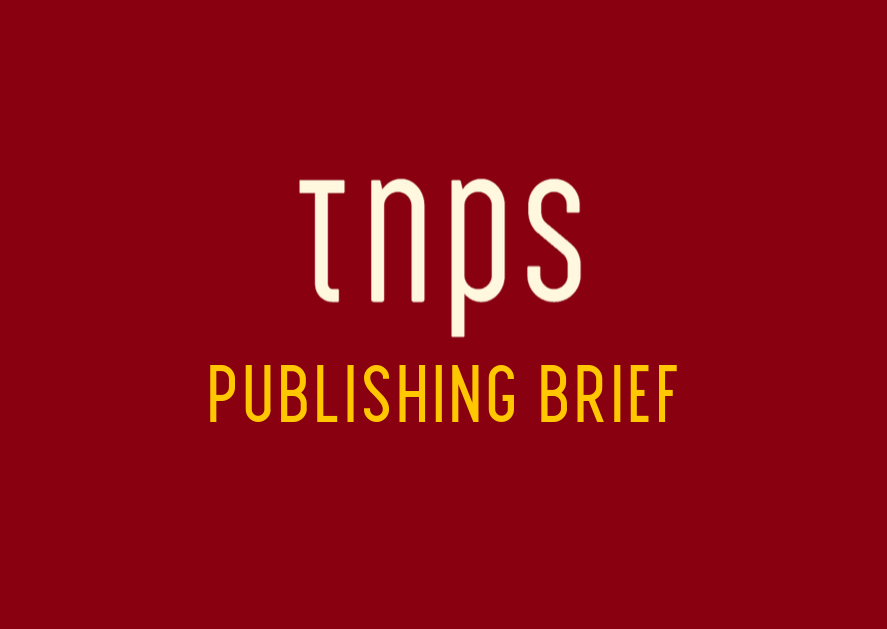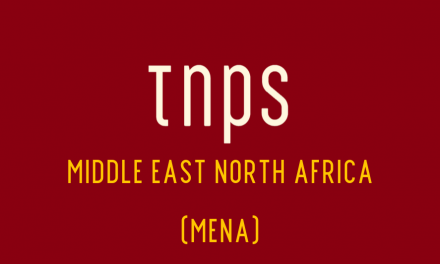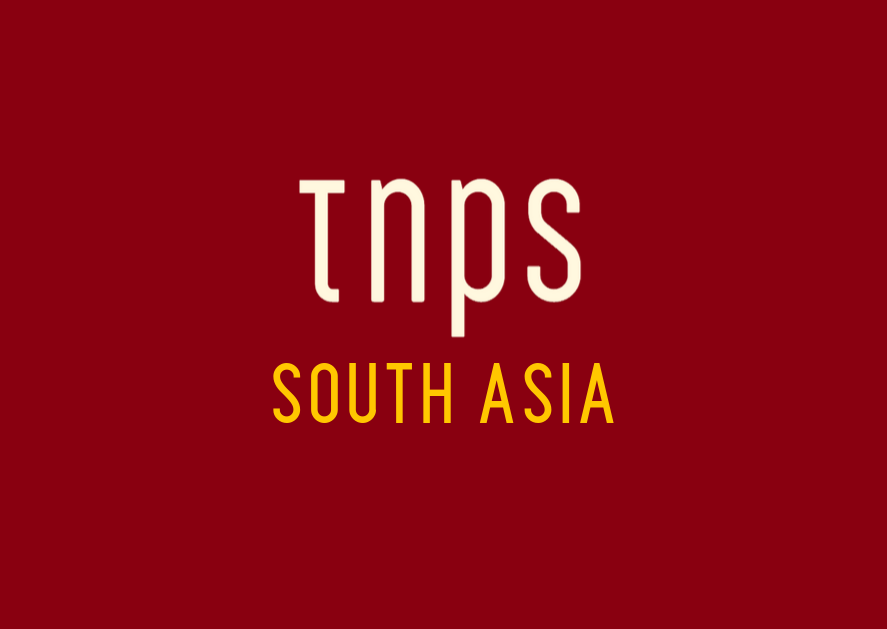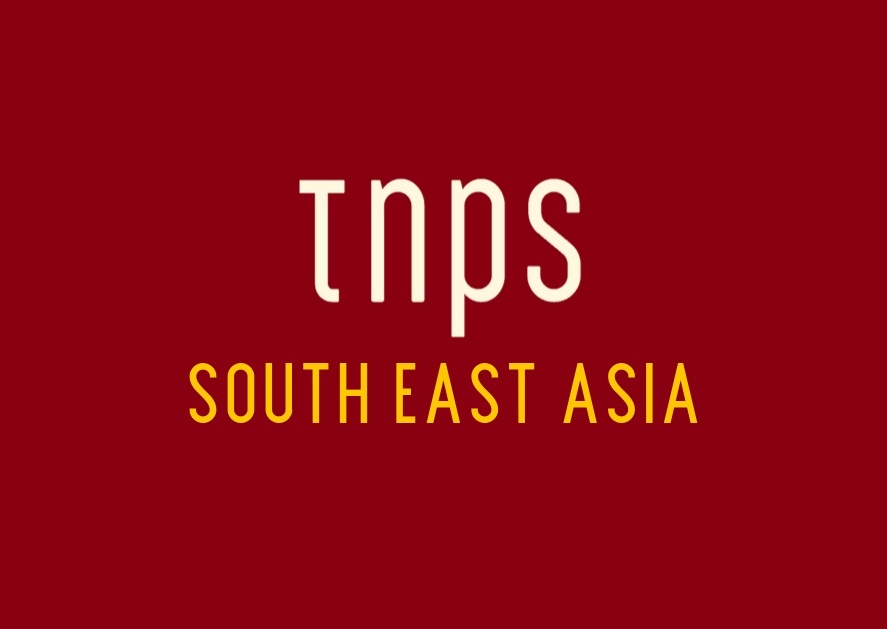As western consumer patterns slowly adjust to the subscription-orientated New Normal so the consumption models of online reading become more and more a midway convergence point.
Up from 39 million in 2019, China Literature’s beyond-China readership is expected to close in on 50 million this year, in part driven by the global pandemic that has lifted all online boats, but driven mostly by the insatiable demand for “online reading”, a variation on western ebook reading that has long been the staple consumption model in the east, but that western players have studiously avoided.
China Literature is a subsidiary of the Chinese tech titan Tencent Holdings, that famously spun off its online reading arm China Literature in a $1 billion IPO in 2017.
Since then there have been ups and downs, but online reading has gone from strength to strength, and China Literature’s Webnovel, the global arm China Literature, has been extending its tentacles far and wide, across six continents.
Tencent even bought into Canada-based Wattpad back in 2017, so the latest move on North America is not a new initiative, rather a new direction.
In conversation with the South China Morning Post, Webnovel’s head of international business Sandra Chen explained:
We aim to grow the number of North American writers to 100,000 this year.
100,000 authors may sound like a lot, but only until we put that figure alongside the 9 million Chinese authors.
Webnovel’s renewed push comes as the number of overseas readers of Chinese web fiction is forecast to grow from 32 million in 2019 to 49 million this year, according to business consultancy iResearch, which in a 2018 forecast for 2020 valued online reading in China itself at US$3 billion, derived from 509 million paying readers.
Confirmed numbers in the China book market remain notoriously difficult to come by (to which the same might be said about the US ebook market, where the main players like Amazon refuse to share numbers) but by any measure this is a huge internal opportunity for China-based authors and publishers and a growing global opportunity for authors and publishers internationally as online reading makes its play in markets where “traditional” ebooks have dominated the consumption model.
It’s not just Tencent in on this act. Alongside China Literaure there is IReader Technology – the country’s second largest e-publisher backed by search engine giant Baidu. Alibaba online reading, and TikTok owner ByteDance, which is also making a play for China’s $1 billion audiobook market.
Per Sandra Chen, what differentiates Webnovel’s approach is that they are chasing foreign authors, not just translating Chinese works. Webnovel hosts 200,000 works – small beer compared to the 13.9 million on China Literature itself, but from little acorns…
As western consumer patterns slowly adjust to the subscription-orientated New Normal so the consumption models of online reading become more and more a midway convergence point.
Chen notes that currently $10,000 per month is considered a good take home rate for Webnovel authors, and while that may not seem so very hot (and way below the earnings that can be achieved on China Literature itself) the crucial points are that this is additional revenue for authors already raking in cash from other outlets, and more importantly, this is a revenue opportunity that will grow rapidly as more and more quality content in turn attracts more and more readers.
Chen stressed that this is not just about online reading, but about all the IP opportunities the content can tap into. Tencent last year put Tencent pictures, New Classic media and China Literature together to develop IP across media
Said Chen,
We are very clear of the long-term hope we have for the overseas market, which is to transplant the strategy proven successful in China to the new market, to build a content eco-system where we could build on our IP.
Chen also said China Literature was open to partnerships with western video streaming services like Netflix.
Back in January 2021 South Korea’s Naver, owner of the online reading service Webtoon, dropped $600 million buying Canada-based Wattpad. Webtoon has over 72 million monthly users, mostly in South Korea, Japan, Thailand and Indonesia, while Wattpad has 90 million monthly users spread more widely around the world.
As I remarked at the time,
Underestimate the significance of this deal at your peril. This is another seismic shift that will go largely unnoticed and unremarked for now, but will send ripples across the global publishing arena for years to come.
This latest move by Tencent’s China Literature is one of those ripples. There will be many more.





